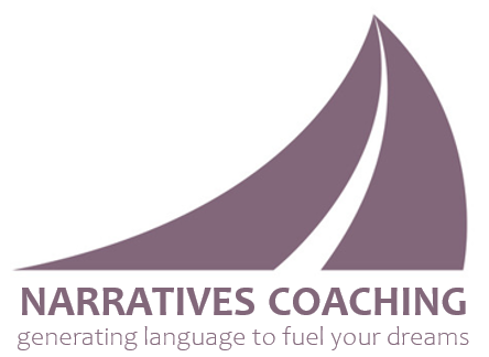A metaphor for addiction is that of a person digging themselves into a hole; while their original intent may have been harmless (e.g., have fun, experiment, group/peer pressure, etc.), if digging continues, eventually the person begins to experience problems. Research shows that most people who begin using (digging) at some point decide to stop on […]
Author: Steve Barnard
Hidden Parallels: How Clinical Practices Are Reflected in 12-Step Recovery Principles
It’s safe to say I’m not the same person who crawled into his first AA meeting in a smoky church basement in Detroit, Michigan in 1982. I’m more than just sober, and much more than just a person in recovery, or one who has recovered from an addiction. Look at the lives of people who […]
The Debate Over Spirituality in Modern Addiction Treatment
Is the Bio-Psycho-Social Model Enough? For decades, the bio-psycho-social (BPS) model has been the dominant framework for understanding addiction, mental health, and physical well-being. By examining the biological, psychological, and social factors contributing to disease and recovery, the BPS model provides a holistic approach that has guided countless treatment programs. However, a growing number of […]
Explaining ‘Context is King’ in Addiction Habits
Context plays a crucial role in how we interpret, understand and react to events in life. Context in habit work is especially important as it exists as the initial filter we use to interpret and respond to what’s happening. For instance, when we’re triggered by something which causes us to drop into a ritual or […]
Habit Spectrum Self-Assessment Worksheet
I’ve long held that addiction can be thought of as a habit – certainly a powerful, destructive and maladapted habit, but a habit nonetheless. This ‘addiction habit’ idea arose after evaluating my own struggle with addiction, then observing and working with countless others as they navigated into and through recovery. It’s become increasingly clear to […]
A Simple Model for Self-directed Wellbeing
I propose every human has the same basic needs necessary to thrive and pursue a life of full self-directed wellbeing. Building on the SAMHSA 8 Dimensions of Wellness (https://library.samhsa.gov/sites/default/files/sma16-4957.pdf) which addresses community-level principles and policies, I’ve distilled their prescription down to four essential elements – safety, security, wellbeing and success – I believe every person […]
Good Habits, Bad Habits & Addiction Habits
A central theme across all my work is that the word ‘addiction’ has been co-opted and neutered to the point it no longer has useful meaning or utility. The term has become slang, and ascribed to any thought, attitude or behavior to which anyone wishes to make a point; there’s no longer any specific meaning, […]
Discussion of Epigenetic Inheritance of Trauma for Addiction Predisposition
There’s a popular book in neuropsychology titled, The Body Keeps the Score by Bessel van der Kolk which has seen widescale adoption and appreciation since its publication in 2015. The author suggests trauma is not only a psychological experience but also a physiological one. The author posits traumatic experiences alter how the brain and body […]
Evidence for Faith: Evolution vs. Creation
I was recently sent a video where Neil deGrasse Tyson discusses the power of evidence-based science over religious dogma and blind faith. The summary note on the video states: “Tyson discusses the power of science and evidence-based thinking, contrasting it with the limitations of religious dogma. He emphasizes that true progress comes from questioning, exploring, […]
The Future of Truth in AI
In the legacy but still evolving fields of big data and data science, we celebrate the triumvirate of volume, velocity, and variety—the three Vs that have long defined our ability to collect, process, and analyze data. However, as the landscape of digital information continues to expand (e.g., Edge Computing, data fabrics, machine learning integration with […]
